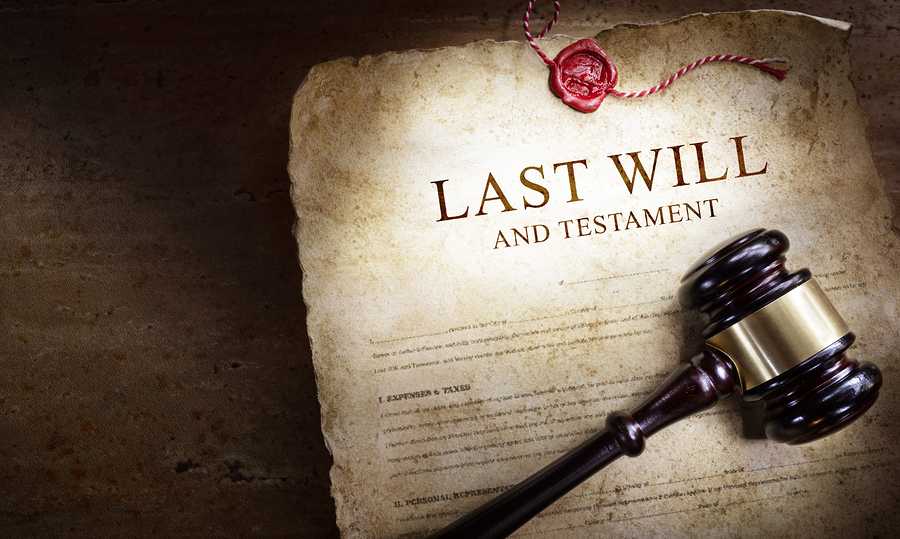The Importance of Business Succession Planning

Business succession planning prepares for a business owner’s retirement or untimely disability or death. Research shows that 78% of small business owners responded that they plan to use the sale of their business to fund their retirement. However, just 25% of private business owners say they have a succession plan in place.
The Houston Business Journal’s recent article, “Three tips to employing establishing a strong succession plan,” takes up this matter for discussion.
Applying proactive business succession planning may help your business successfully move to new leadership and keep operations running smoothly. Here are a few tips for establishing your succession plan. You can also see here for more information. https://galligan-law.com/practice-areas/business-succession-planning/
Regardless of whether you’re going with a family member to succeed you or bringing in someone from the outside to take over, it’s important that the plan is communicated beforehand. You don’t want workers speculating or feeling blindsided by the decision.
Be sure that you have legal documents in place and clear expectations, guidelines, and rules, so there aren’t any gray areas when the time of transition comes. This is essential in business succession planning. This may come in many forms from traditional estate planning such as Wills or Trusts, and business specific documents such as Buy-Sell Agreements, the documents governing business operation and more.
If you are appointing a family member, set out details on how other family members will contribute to the company if they are interested. You could have more than one family member run the company, but it may be best to have one clear decision maker. Part of business succession planning is establishing the plan before you stop operating the business yourself. So, if you are appointing a family member who isn’t currently involved in the business, bring them in early to teach them and familiarize them with the company and its employees and vendors.
If you want to have an outside party come in to run the company or have a longtime employee assume leadership, be open to ideas. Don’t overlook someone who may be a good leader and a good fit for the position. As business climates shift, technologies advance and workplace skills change, make a selection of a leader who can adapt to those changes. Remember to pick someone who will be in the best position to keep your business profitable, especially if the business will help fund your retirement.
As you work on business succession planning, leverage a team of experts, such as an estate planning lawyer, business lawyer and an accountant. You should also work with a business broker who can provide a realistic valuation of your company.
Reference: Houston Business Journal (September 3, 2019) “Three tips to employing establishing a strong succession plan”


